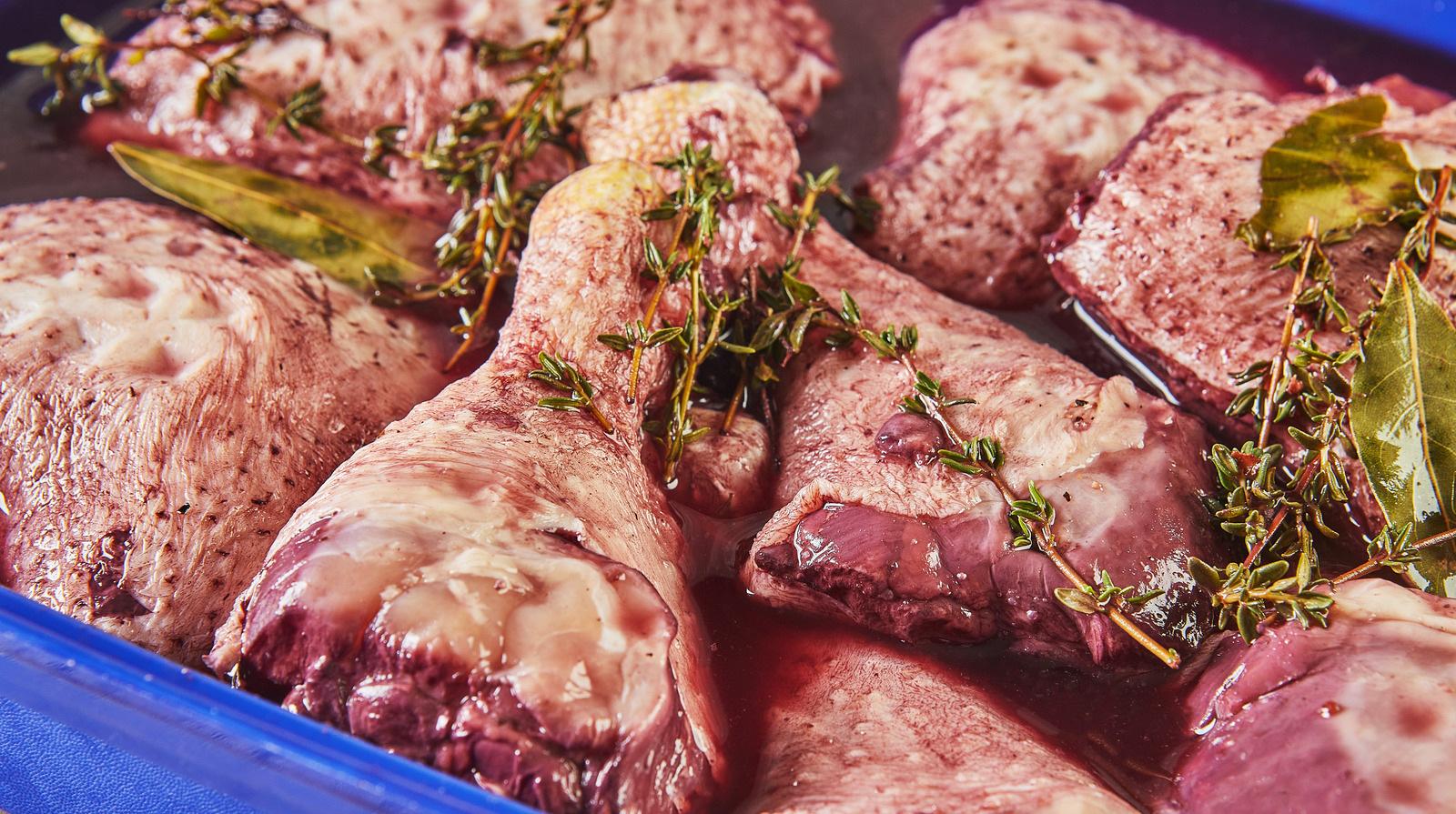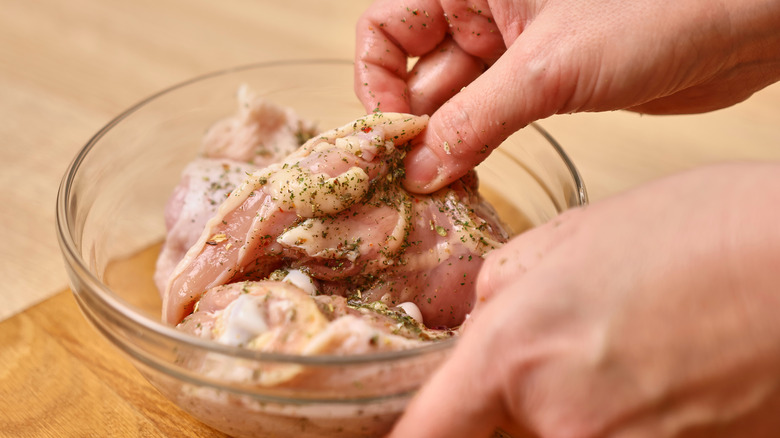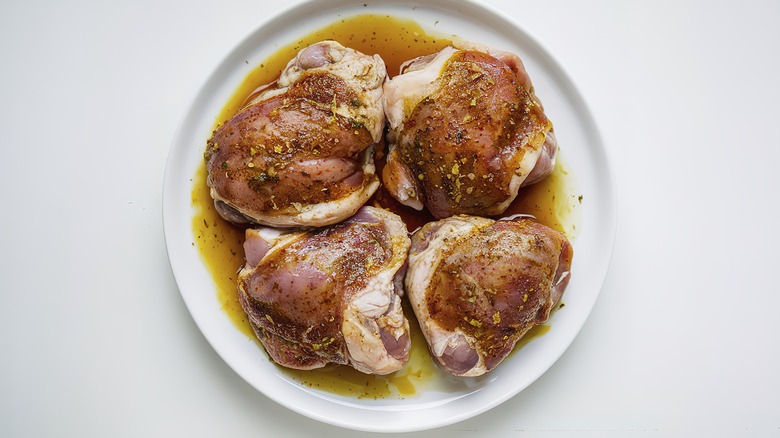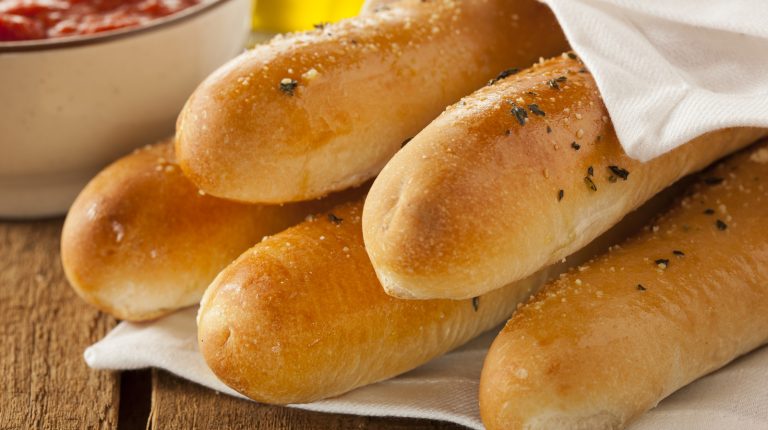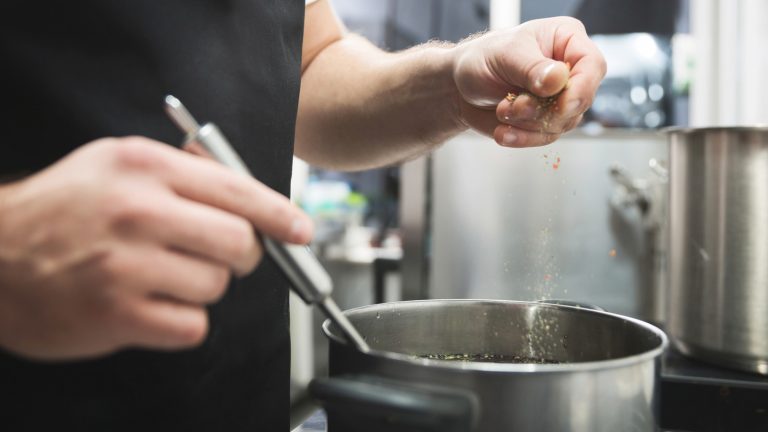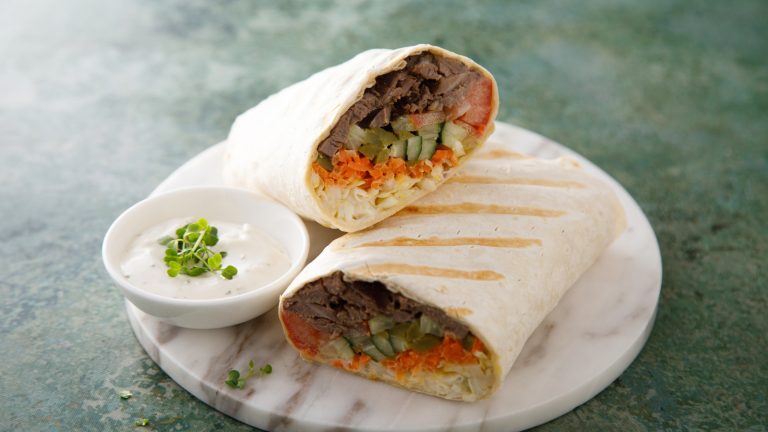When assembled properly, marinades wondrously transform chicken. Yet the process isn’t simply magic; understanding the science behind marinating meat can help you enhance your cooking. These seasoning liquids are typically composed of many ingredients, but it’s predominantly the combination of salt and acid that affects tenderness. The mineral breaks down tough meat structures, and increases water absorption, thereby enhancing succulence. Meanwhile, the acid interacts with proteins even more drastically, unraveling their structure and inspiring tenderness in novel ways.
So to craft extra-soft chicken, reach for vinegar; the ingredient strongly affects the meat structure. Composed of acetic acid, this compound isn’t naturally found in chicken, unlike the other acids found in dairy and fruit. As a result, vinegar restructures proteins in the meat especially powerfully, creating a new composition that can entrap moisture and flavor. With enough time, it’ll even turn the exterior layer into mush, hence why marinating for too long can ruin chicken. However, get its duration and concentration just right, and your poultry’s resultant tenderness will impress.
Vinegar-based marinades effectively tenderize and flavor chicken
While vinegar will tenderize meat, keep in mind its physical effects mainly occur at the chicken’s surface. This also pertains to its flavor: Don’t expect your chosen vinegar’s palate to alter the interior of bites. Nevertheless, such surface treatment is still drastic; the impact on water absorption and flavor is certainly perceptible. So you’ll want to select the type and quantity of vinegar with care; it plays a prominent role in the marinade.
To accomplish both tenderization and flavor, go for a bottle with a strong palate. Red wine vinegar imparts a French-inspired flair to chicken, while apple cider vinegar lends its characteristic fruitiness to New York’s Cornell chicken. Balsamic vinegar also delights, especially when combined with Italian aromatics. You can even employ balsamic glaze for added browning — its sugars will delectably caramelize once the chicken hits the heat.
By using a vinegar with its own distinct flavor, you’ll let it both season the poultry and produce its physical effects. Just keep in mind that varying vinegars offer different strengths, even among the same variety. Generally, sherry and balsamic vinegar are the most potent; so pay closer attention to marination time with these options. Avoid white vinegar unless paired with pungent aromatics — it’s particularly acidic, yet bland. Regardless of which vinegar you choose, you’ll want to combine them with a fat like oil and a few added aromatic herbs for the most balanced and flavorful results.
You can also blend vinegars with other tenderizing agents
While vinegar will certainly deliver tender chicken, there’s a benefit to melding it with other marinating agents, too. For one, there’s the risk of mushy meat with excessive marination; further components can help soften the blow. Additionally, salts are more effective at tenderizing meat in the interior; so always include the mineral in your marinade for optimal effects. Regardless, you’ll want to limit the marination duration to two hours for boneless and 12 for bone-in, before vinegar’s unpalatable effects sets in.
An excellent way to soften vinegar is to blend it with soy sauce, like in this honey soy marinated baked chicken thighs recipe. Just a tablespoon of vinegar per 2 pounds of chicken delivers its tenderizing effect; but the salt in soy sauce furthers seasoning and succulence. Similarly, you can also meld vinegar with Worcestershire or fish sauce for salty and tangy additions both in liquid form.
Furthermore, consider either pairing or even swapping vinegar with other types of acids. A dash of citrus juice can brighten the marinade flavors into a more fruit-forward direction. And if vinegar’s potency feels intimidating, replace it with yogurt or buttermilk for a creamy, delicious marinade result. Regardless don’t sleep on vinegar’s potential with poultry; a pour and as little as 30 minutes can turn a tough chicken juicy.


